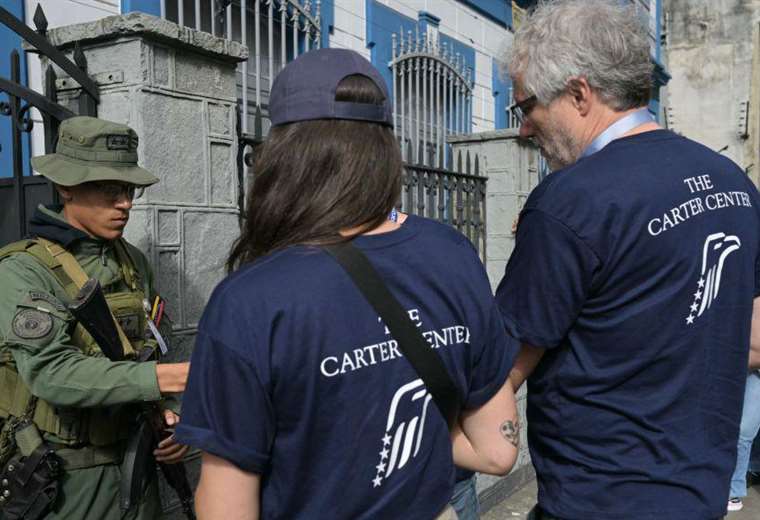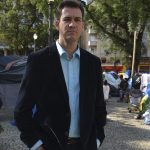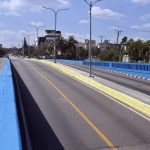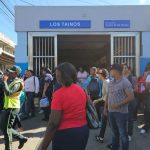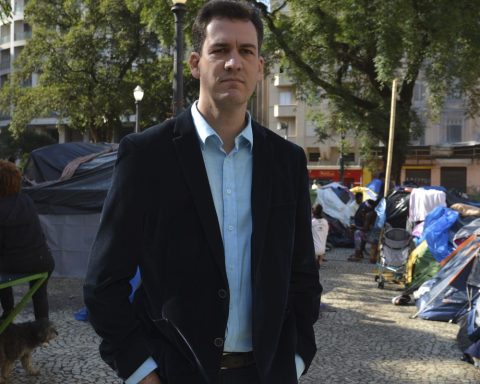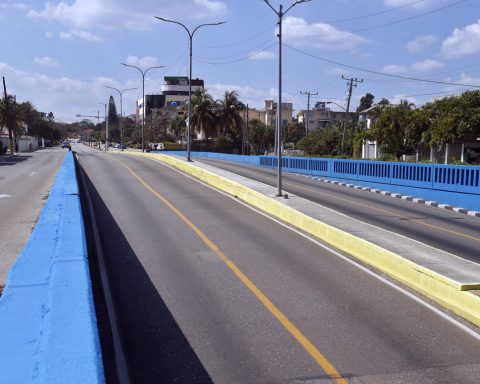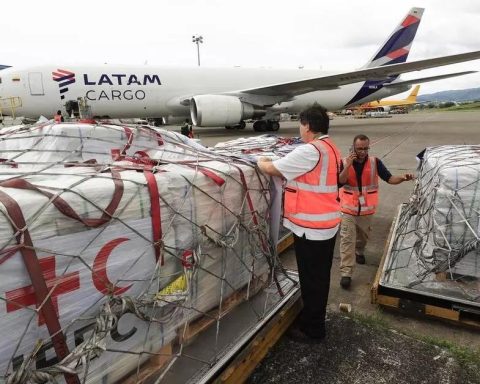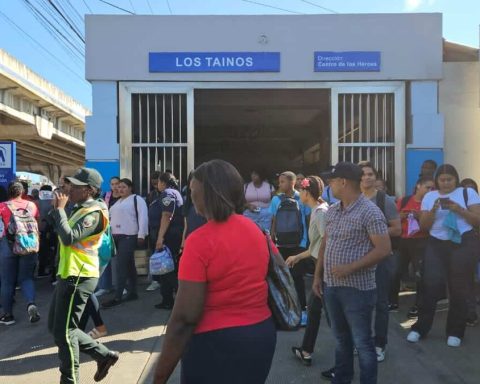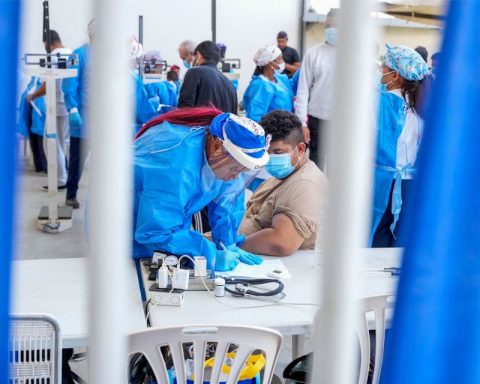July 31, 2024, 7:15 AM
July 31, 2024, 7:15 AM
“It cannot be considered democratic.”
The Carter Center, a well-known organization that participated among the observers of the presidential elections in Venezuela, published a statement on Tuesday night in which it affirmed that the elections did not conform to the “international parameters and standards for electoral processes.”
Two days after the elections were held, the institution, based in Atlanta, said that It is not possible to carry out its verification work and therefore cannot corroborate the data authenticity.
“The fact that the electoral authority has not announced results broken down by polling station constitutes a serious violation of electoral principles,” says the press release, published at midnight on its website.
The Carter Center has been an observer of more than 100 elections in 43 countries. According to its communication, it was in Venezuela over the weekend at the invitation of the South American country’s own government with 17 observers.
Beyond the fact that the electoral records have not been published, the NGO points to other faults, such as the disqualification of opposition candidates and the imbalance of resources for promotion that the ruling party had.
“It has not met international standards of electoral integrity at any of its relevant stages and has violated numerous provisions of its own national legislation,” the statement said.
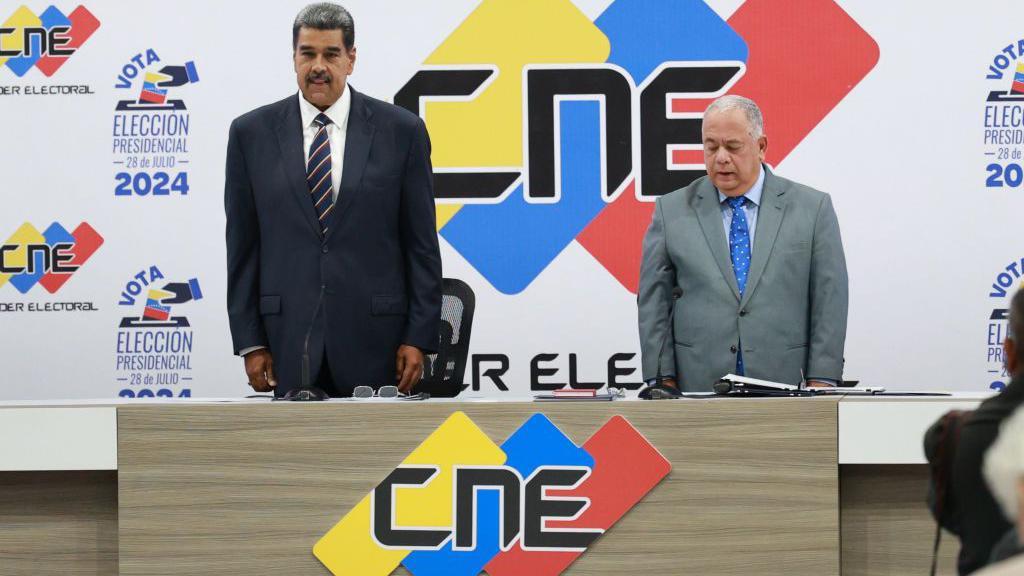
Late on Sunday night, July 28, the National Electoral Council (CNE) of Venezuela He reported that Nicolas Maduro He had been re-elected president for a third term (2025-2030) with an “irreversible” advantage of 51.2% of the votes compared to 44.2% for his main opponent Edmundo Gonzalez Urrutiawith 80% of the tables counted.
But the opposition coalition denounced a “fraud” electoral and said he had up to 70% of the voting records confirming his candidate’s victory.
Since then, in the country There are intense protests which have at times turned violent, both in the capital, Caracas, and in areas further inland.
Thousands of people demand that Maduro accept the resultwhile the president accuses the opposition of to stage a “coup d’état” against him. His government has also urged his coreligionists to take to the streets.
So far, 11 people have been killed and hundreds arrested, the organizations Foro Penal, Justicia, Encuentro y Perdón, Provea and Laboratorio de Paz said in a press conference.
The Venezuelan government has not commented on the statement.
The flaws of the election in Venezuela
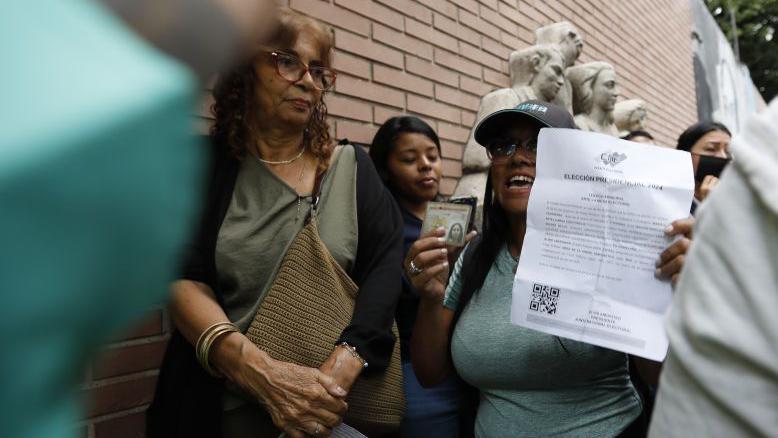
Among the shortcomings pointed out by the Carter Center is the fact that the CNE, according to the statement, favored the ruling party and restricted media freedoms Communicationsocial organizations and political actors.
The electoral body also placed obstacles in the way of voter registration at the national and international levels, as evidenced by the lack of information about the process, the short deadlines and the few places to register.
Venezuelan authorities have also reportedly hindered opposition candidates.
“The registration of the candidacy of the main opposition forces was subject to the discretion of the electoral authorities who made decisions without respecting basic legal principles,” comments the Carter Center.
In this election, the opposition leader Maria Corina Machado She was disqualified from being a presidential candidate. Her successor, Corina Yoris, was also unable to register her candidacy and reported that there were failures in the registration system. In the end, González Urrutia was chosen as the coalition’s candidate, who faced Maduro and eight other candidates last Sunday.
In Venezuela too There was an “imbalance” of resources that favored the ruling party and which was predominant in the visibility of Nicolás Maduro’s campaign.
According to the center, “abuse of public resources was observed, including the use of vehicles, the mobilization of officials for the campaign and the use of social programs.”
At the polling stations, observers described that there were restrictions on access for national observers and, above all, party witnesses.
There have also been mechanisms of possible pressure on the electorate (points of the governing party to verify voter attendance) and incidents of tension and violence reported in some localities.
The Carter Center nevertheless highlighted citizen participation and he said that to a large extent Venezuelans went to vote peacefully.
“The Carter Center observer teams confirmed the willingness of Venezuelan citizens to participate in a democratic electoral process and demonstrated their civic commitment as polling station members, party witnesses and observers. These efforts were undermined by the CNE’s lack of transparency in disseminating the results.”
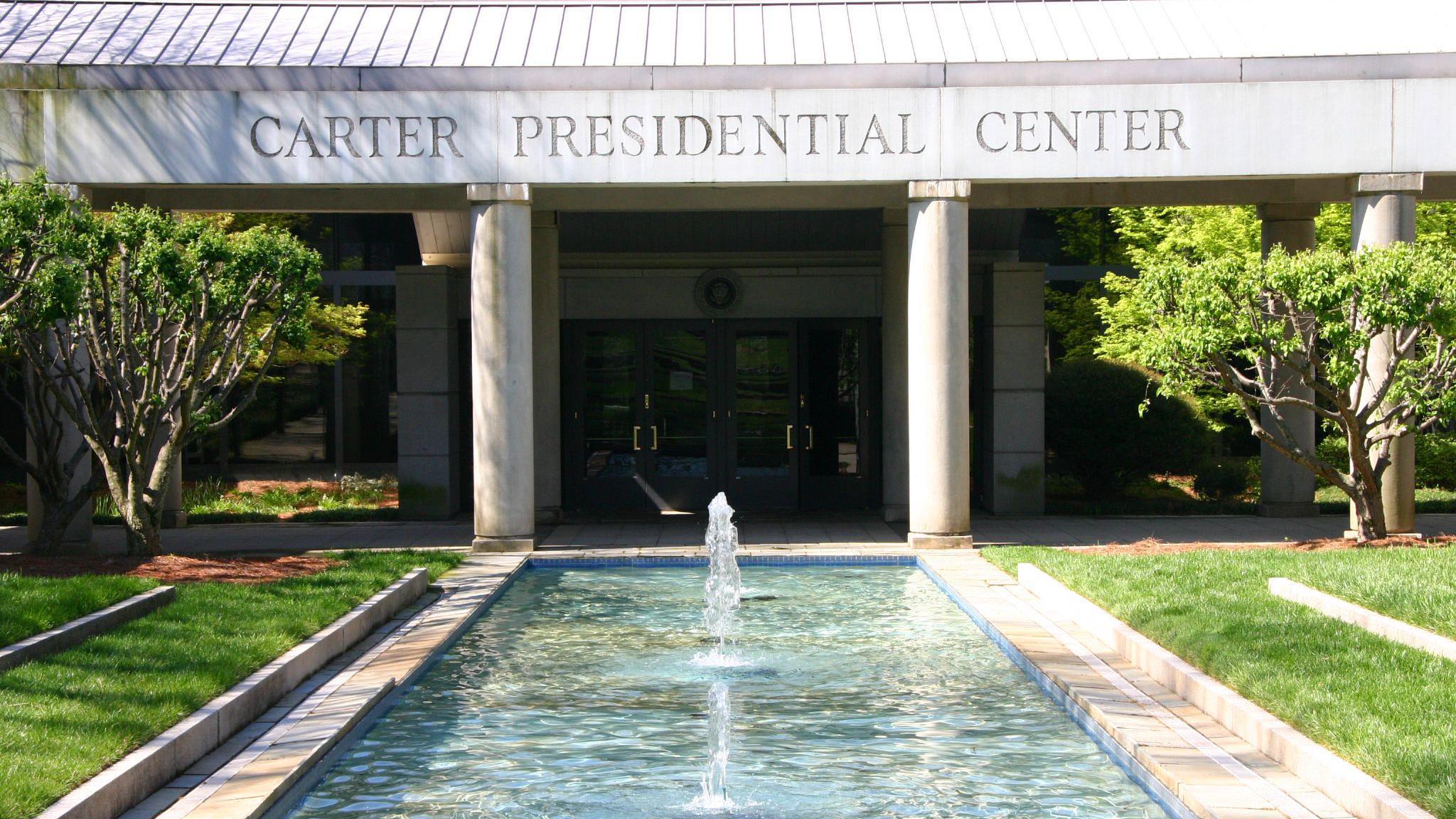

And remember that you can receive notifications in our app. Download the latest version and activate them.
